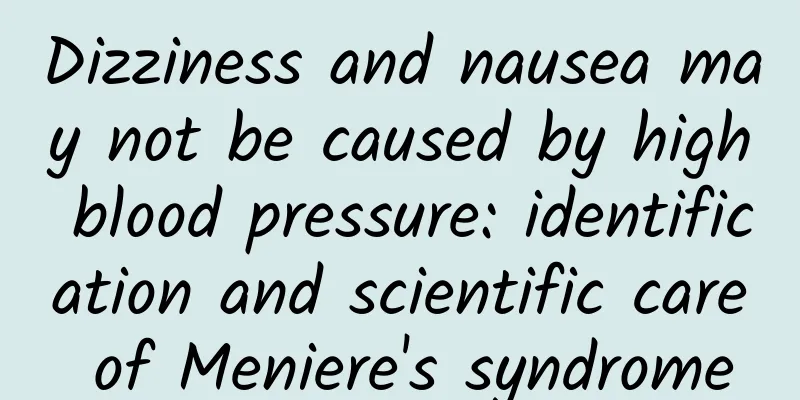Signs of infertility in women

|
Every woman wants to be a mother, but some women in life are troubled by infertility. Many women do not know much about infertility, and many even think that there are no early signs of infertility. In fact, this is a very wrong view. Female infertility has early signs, and the symptoms are very obvious. If a woman has such symptoms, she must go to the hospital for medical treatment in time. So, what are the signs of infertility in women? 1. Menstrual disorders. Early or delayed menstruation; excessive or insufficient menstrual flow; prolonged menstruation. 2. Dysmenorrhea: Abdominal pain during menstruation may occur when diseases such as pelvic inflammatory disease, uterine fibroids, and uterine hypoplasia exist. 3. Amenorrhea: No menstruation after the age of 18; amenorrhea for more than 6 months after menstruation. Amenorrhea can cause infertility. 4. Abnormal leucorrhea: vaginitis, cervicitis (cervical erosion), endometritis, pelvic inflammatory disease and various diseases can cause abnormal leucorrhea, often accompanied by vulvar itching. These diseases can affect conception. 5. Galactorrhea: Milk leaks out of the breasts spontaneously or after squeezing during the non-lactating period. This often indicates hypothalamic insufficiency, pituitary tumors, or primary hypothyroidism, chronic renal failure and other diseases. Galactorrhea is often accompanied by amenorrhea, leading to infertility symptoms. 6. Symptoms before and after menstruation: A small number of women experience a series of symptoms before and after menstruation, such as premenstrual breast swelling, menstrual headaches, menstrual depression or irritability, which can lead to infertility. 7. Abdominal pain: Chronic lower abdominal pain, bilateral abdominal pain, or lumbar pain is often caused by pelvic inflammatory disease, uterine fibroids, endometriosis, and ovarian tumors. 8. Breast changes are the most important manifestation of infertility. The symptoms are that some milk will overflow from the breasts during the non-lactating period, the breasts will become swollen and painful, especially during menstruation, the swelling and pain will be more obvious, and obvious lumps will appear when the breasts are lightly pressed. These problems are manifestations of problems within women's bodies. |
<<: Signs of miscarriage during the second trimester
>>: Can I eat tea eggs during early pregnancy?
Recommend
The reason why girls have brown vaginal discharge
Women must make reasonable arrangements for their...
What causes bloodshot below?
In daily life, some women may experience symptoms...
Do women still have sexual desires at the age of 50?
Sexual life is often the key to maintaining a har...
How many calories does an adult woman consume in a day
An adult woman consumes about 1,200 calories a da...
What to eat to regulate delayed menstruation?
Women often suffer from gynecological diseases du...
Pictures of milk blockage and unblocking techniques
During lactation, milk blockage should be treated...
Advantages and disadvantages of negative ion hair dryer
Because of the benefits of negative ions, negativ...
Why are the green bean leaves wilting? How to solve the problem of green bean leaves wilting?
French beans are very common in our daily life. P...
Why do women want to pee when lying down?
Both men and women may experience increased urina...
What is the reason for gray-brown menstruation
Menstrual blood is generally bright red or dark r...
How long after abortion can I eat spicy food?
Many people like to eat spicy food, but after an ...
How to treat postmenopausal endometrial hyperplasia
Many women will experience some uterine diseases ...
The saltier you eat, the longer you live?! European Heart Journal analysis of data from 181 countries
A high-salt diet is considered a risk factor for ...
Can vaginitis be cured?
Gynecological diseases are very harmful to women&...
Brown discharge at the end of menstruation
Menstruation is a physiological phenomenon unique...









